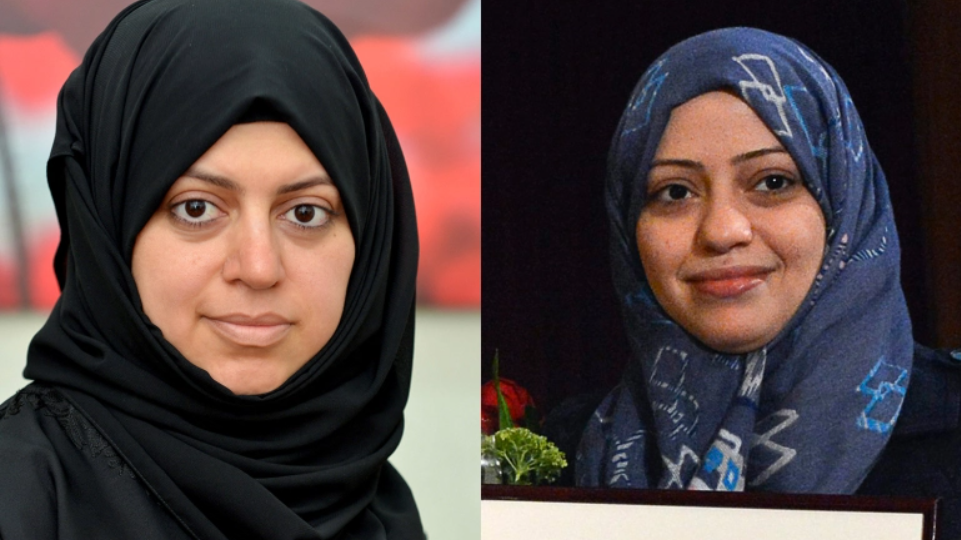Saudi Arabia has released prominent human rights activists Samar Badawi and Nassima al-Sadah, who were at the forefront of working towards advancing the rights of the country’s women and the minority Shia community, multiple news reports stated on Sunday, June 27. According to a statement from the human rights group ALQST for Human Rights, the two women were released following the completion of their prison sentences.
The two activists were arrested three years ago as part of a massive, nationwide crackdown while they were advocating for abolition of the regressive male guardianship system, and demanding that women be given various political and social rights, such as voting, contesting in elections and the right to drive. Badawi was detained at the Dhahban Central Prison in the Saudi city of Jeddah and al-Sadah was held in solitary confinement at the al-Mabahith prison in Dammam. The two activists have been targeted several times in the past and have faced travel bans. Samar was also arrested in 2016 and 2010.
Saudi Arabia had arrested and kept in detention a number of well known activists, including Loujain al-Hathloul, Aziza al-Yousef and Aisha al-Manea, among others. Many of these activists were later slapped with long prison terms following closed door trials in which they faced trumped up charges. Samar’s brother, Rafi Badawi, and her husband Waleed Abulkheir are both serving prison sentences of 10 years and 15 years respectively. Both are well known human rights activists.
Following the news of the release of the two activists, Human Right Watch’s Adam Coogle said that the two women “should never have been jailed in the first place and deserve justice (and) compensation for their arbitrary detention.” Amnesty International additionally called upon the Saudi government to release all the other illegally and arbitrarily detained activists that are still languishing in prisons and detention centers inside the country, referring to the ban that the Saudi government has imposed on several of the activists recently released along with their family members forbidding them from traveling outside of Saudi Arabia. Activists have accused the regime of using it as a form of collective punishment. Saudi Arabia has been regularly criticized and condemned by international human rights groups and activists around the world for its extremely regressive, restrictive and outdated practices and traditions based on the very strict, literal interpretation of Islam. Women, human rights activists and the minority Shia community bear most of its brunt and are discriminated and marginalized on all levels and aspects of Saudi society.





